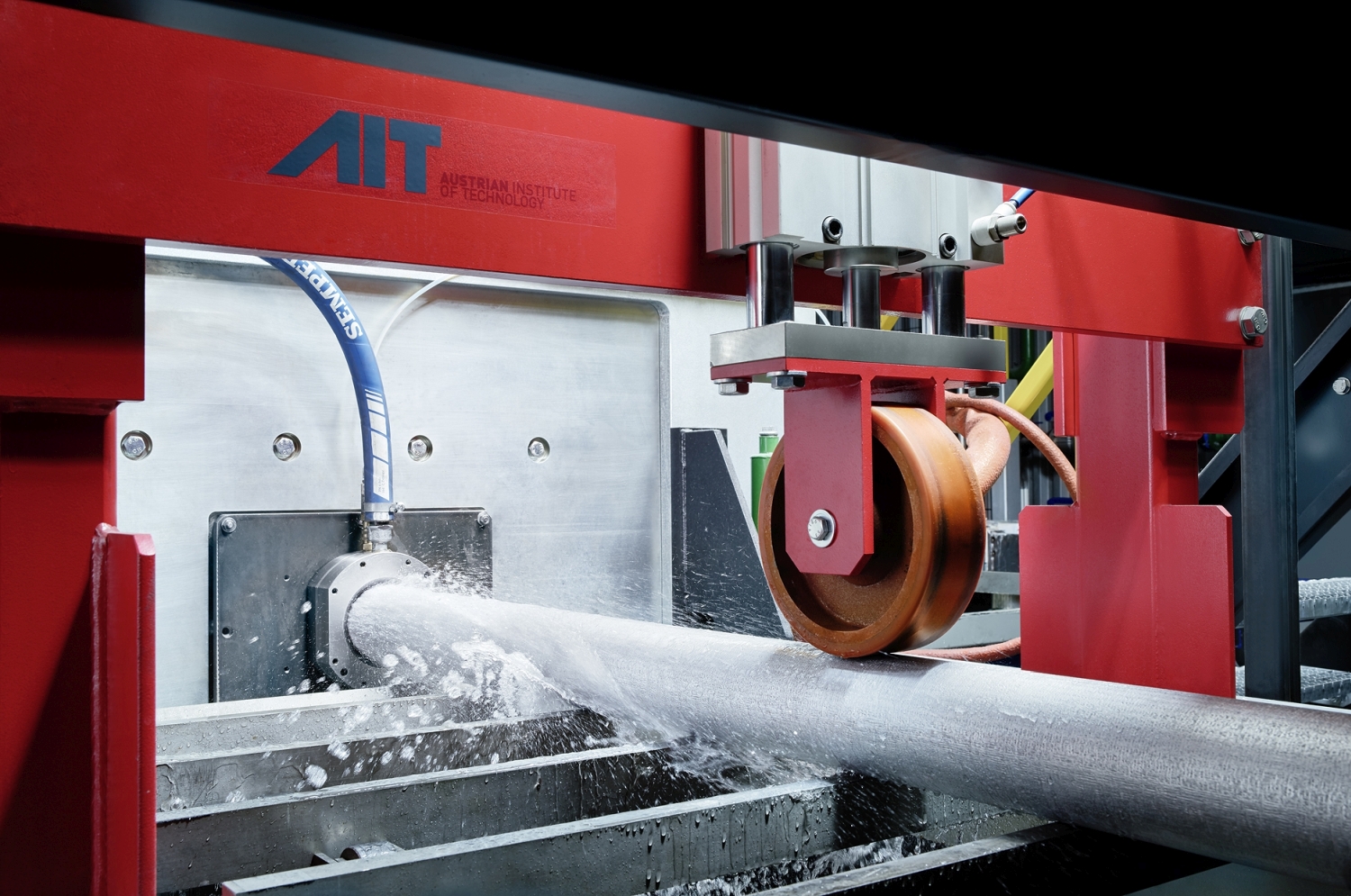News & Events
Ceit to promote production and sustainable reuse of aluminium in Europe

30 | 09 | 2024
Ceit is taking part in the ReCal European project, the aim of which is to embark on a new era involving the production and reuse of aluminium within a circular economy framework.
The technology centre will be developing an automated dismantling pilot project for aeronautical structures, using technologies such as robotics, artificial vision and artificial intelligence.
Aluminium is essential for European industry, with applications in sectors such as transport, construction, packaging and consumer goods. Moreover, its use is key to meeting European green goals, especially in terms of transport and construction, owing to its capacity to lighten structures. However, primary production of aluminium has a significant environmental impact, having accounted for 2% of global emissions in 2020. To this must be added the challenge facing its recycling, as aluminium alloys are difficult to separate from other metals once they have been mixed, thus making it complicated to recycle them.
It is estimated that there will be 18.3 million tons of non-reusable surplus scrap by 2050, which will generate up to 260 million tons of CO2 by way of primary aluminium replacement. The ReCal project came into being with a view to avoiding this scenario and maximising the recycling of aluminium.
A solution for the entire aluminium value chain
RecAl focuses on a global approach in order to take advantage of this valuable secondary resource. From a strategic standpoint, the project covers all the circular production phases and challenges faced throughout the entire aluminium value chain. The following will be included among these goals: tolerance to impurities in terms of alloy design will be increased, advantage will be taken of digitalisation and robotic assistance with regard to classification and dismantling, recycling flows will be created with greatly improved impurities, production paradigms will be adapted to make use of the full potential of secondary resources, and communication will be harmonised among all sectors i the aluminium industry.
One of the keys to the project will be to make advances in 14 technological solutions up to TRL6 level, which will be integrated into ReCal Hub: an interactive, sociotechnical and digital platform that will foster collaboration throughout the entire value chain.
Ceit’s role
Within the framework, the Ceit Technology Centre will develop an automated dismantling pilot project for aeronautical structures using technologies such as robotics, artificial vision and artificial intelligence. Dismantling will involve extracting and separating structures that contain aluminium alloys from different compositions, thus facilitating their recycling without any impurity mixtures.
Thus, as chief researcher of the Vision and Robotics team and person in charge of the project, Diego Borro, explains, “the viability of creating a new and more efficient recycling flow that is different from the current one will be analysed, which will involve crushing and mixing all the alloys”.
A European consortium to spearhead aluminium recycling
The initiative has obtained major financial backing from the EU, with 10.6 million Euros funded by the Horizon Europe programme, and brings together 19 partners from 9 European countries, coordinated by AIT-LKR.
Alongside Ceit, the consortium is made up of the following: RTDS Association, AELS, Alumil, ALOIMYL, Benteler, Ferimet (Celsa Group), The Centre for Research and Technology Hellas, DLR, Fraunhofer LBF, Gebauer & Griller Kabelwerke, CANCOM, KU Leuven, LEITAT, Stena Aluminium, Swerim, Universita degli Studi di Firenze, Universita degli Studi di Modena e Reggio Emilia and ALTEK.
In this regard, ReCal is deemed a pioneering project in terms of the development of state-of-the-art technologies for the aluminium circular economy, laying the foundations for the more sustainable and efficient production of this critical resource.